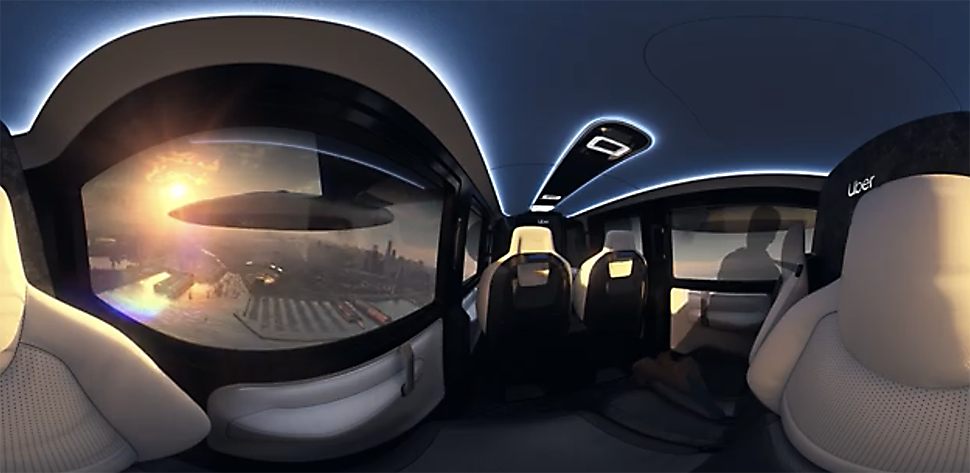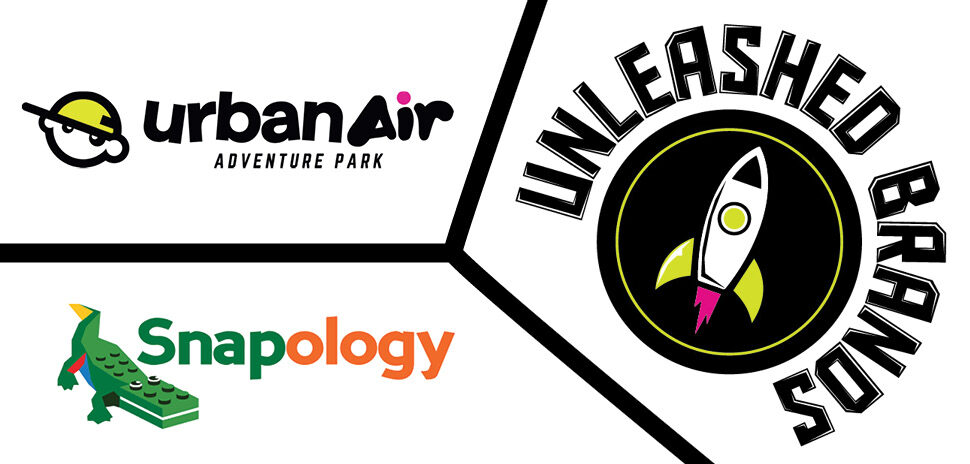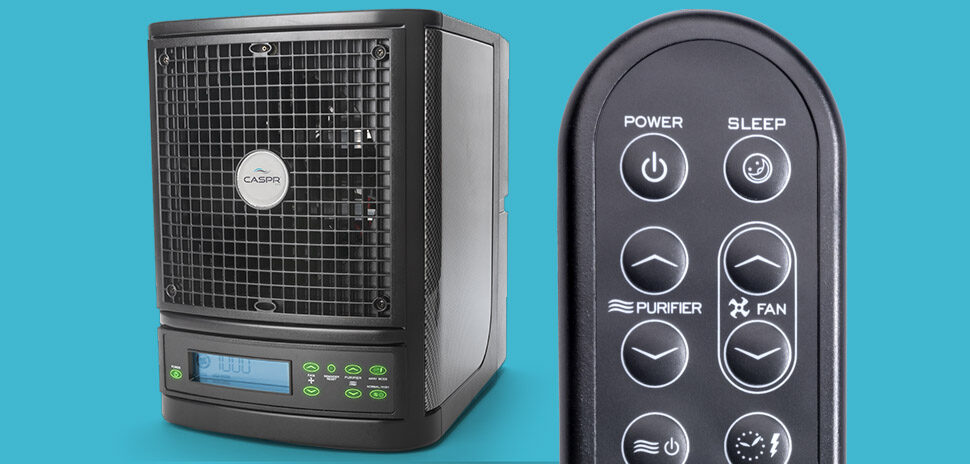The year is 2023, and you just called an Uber in the Dallas-Fort Worth area. Traffic is heavy. But it doesn’t matter. Because that Uber that just picked you up takes off into the sky, transporting you above the city and right to your destination.
Uber Elevate, the rideshare giant’s air mobility arm, announced its plans in 2017 to launch an aerial shared transportation service called Uber Air.
The prediction is that in four years from now, small, eVTOL (electric vertical takeoff and landing) aircrafts will be transporting people through commercial flight operations in three launch markets: Dallas-Fort Worth, L.A., and an international city that will be announced at this year’s Uber Elevate Summit.
And, thanks to a Dallas-headquartered company, that plan could come to fruition right on time.
Multinational telecommunications company AT&T has announced it’s partnering with Uber to explore how LTE and 5G connectivity could enhance the eVTOLs and cargo drones to be used in the aerial transportation service. Together, the companies announced they plan to “revolutionize short-range air travel and logistics”—ultimately supporting the advanced technologies that will make aerial ridesharing possible.
“We’re in the very earliest stages of seeing what 5G can do to augment next generation air travel, but we’re excited for the possibilities,” Andre Fuetsch, president of AT&T Labs and CTO, said in a statement. “Ridesharing services were one of the defining mobile applications of the 4G era. Air taxis and other new air vehicles could well eventually become a signature use case for 5G.”
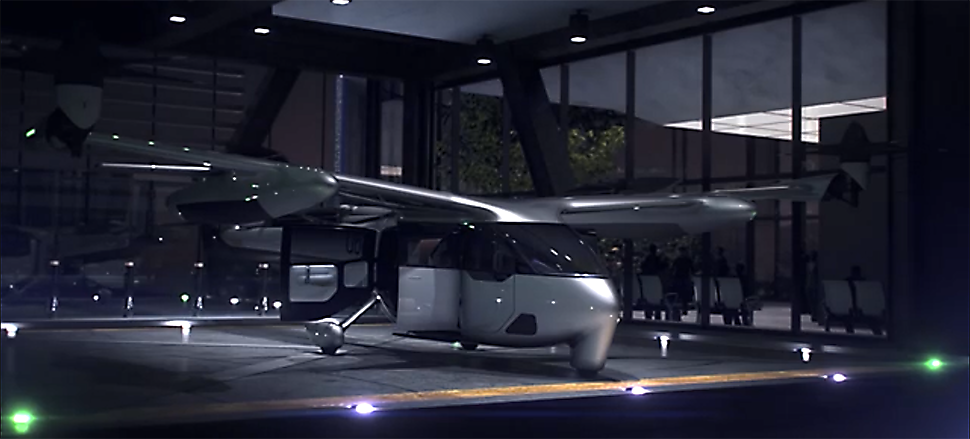
[Image: via Uber on YouTube]
AT&T is credited with being the first U.S. carrier to launch a mobile 5G service last year. The company anticipates 5G will “jumpstart the next wave of unforeseen innovation” due to factors like ultra-fast speeds and more reliable connections.
“AT&T’s talented team of engineers and leading 5G capabilities have the potential to revolutionize wireless connectivity for eVTOLs and drones,” said Dr. Tom Prevot, Uber’s director of engineering for airspace systems, said in a statement. “AT&T has already made important strides in pioneering connectivity capabilities above 500 feet in urban settings, and we look forward to working with them on the next generation of breakthroughs.”
The AT&T Foundry, a network of innovation centers, will lead the project for AT&T, and the Elevate team will represent Uber.
During the first phase of the collaboration—expected to last about a year or more—AT&T and the Uber Elevate team said they will be “assessing and enabling 4G and 5G connectivity for piloted aircraft and autonomous cargo drones operating in low-altitude airspace.” The intent is to discover the boundaries the tech has when it comes to creating safe, reliable aerial connectivity.
In the future, phases might include edge computing or network slicing.
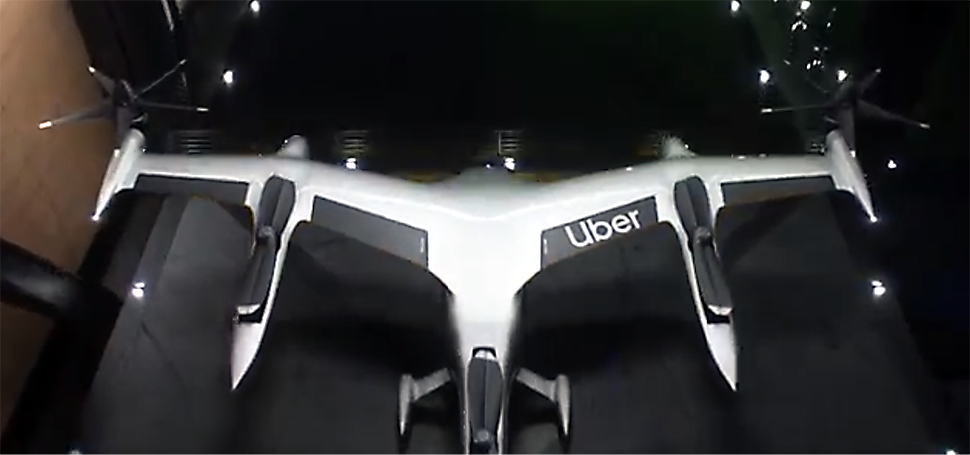
[Image: via Uber on YouTube]
The duo is also working together on Uber Copter, a helicopter service launching in NYC next month, as reported by TechCrunch. Uber Copter is the first phase of Uber Air, and will offer on-demand transport from Manhattan to JFK airport. According to TechCrunch, Uber said its the first move in a broader partnership that would allow AT&T to provide the 5G network needed for aerial and ground-based integrated transportation.
The announcements are in coordination with the Uber Elevate Summit kicking off today in Washington, D.C., a two-day immersive event that convenes the community for all things in the sky.
Uber also released that it expects Uber Air to have comparable prices to Uber X and Uber Pool—eventually becoming cheaper than even owning a car.
Although Uber expects to make aerial ridesharing available for riders in 2023, it also plans to conduct flight demonstrations as early as next year.
Watch this
Step inside an Uber Elevate vehicle to get a glimpse at what it looks like to ride with Uber Air.
![]()
Get on the list.
Dallas Innovates, every day.
Sign up to keep your eye on what’s new and next in Dallas-Fort Worth, every day.

